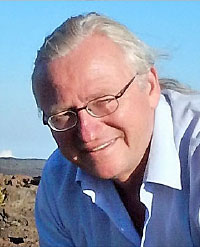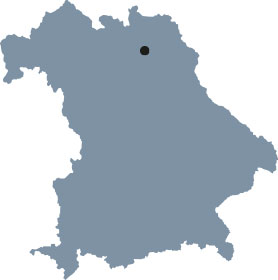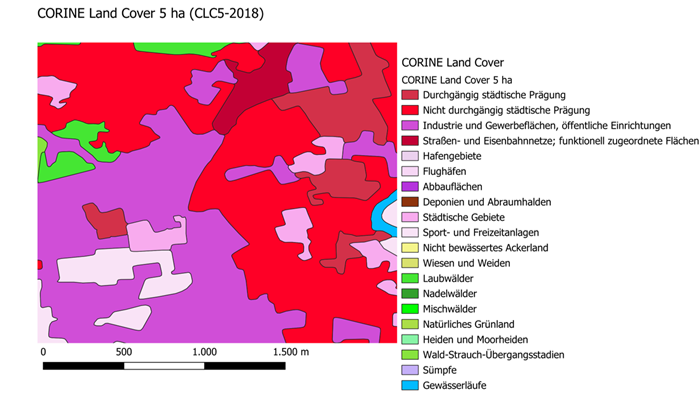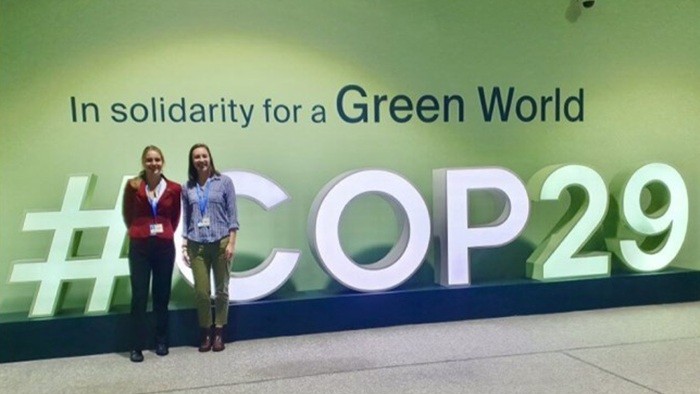Global Change Ecology
The Elite Graduate Program “Global Change Ecology” is devoted to understanding and analyzing the most important and momentous environmental concern of the 21st century, namely, global change. Problems of an interdisciplinary nature require the establishment of innovative approaches in research and education. A special program focus is the linking of natural science perspectives on global change with approaches in social science disciplines.
| Degree | Master of Science |
| Duration of study | Four semesters |
| Place of study | Bayreuth |
| Admission requirements | Bachelor or diploma in natural or environmental sciences or related disciplines |
| Language of instruction | English |
| Application deadline | June 15th |
| Begin of studies | Winter semester |
| Head | Prof. Dr. Carl Beierkuhnlein |
| Coordinator | Dr. Stephanie Thomas Sylvia Sprödhuber Mathilde Müller-Bulabois Contact the coordinators |
| Further information | Website Global Change Ecology |
The Elite Graduate Program “Global Change Ecology” aims at training highly qualified and motivated students to become executives, leading scientists, political advisors and business consultants. Solving global environmental problems requires not only a background in natural, environmental and socio-economic sciences, but also transdisciplinary thinking, team work and creativity. Due to the societal costs of global change, there is a demand for highly skilled specialists capable of analyzing risks, applying scientific knowledge and foreseeing consequences.
A close cooperation with nationally and internationally active research institutions, NGOs, companies and administrations as well as individual tutoring prepares students for working on a international scale. In addition to the broad spectrum of courses at the University of Bayreuth students can choose from selected courses by the University of Augsburg.
International science schools, guest professors and a stay abroad help to establish contact with leading researchers and foreign students.
Candidates for theProgram "Global Change Ecology" are expected to be interested in ecological and societal issues, to have excellent knowledge in natural science and an outstanding ability to deal with complex questions.


Global Change is the most important challenge of the 21st century. The GCE study program addresses various aspects and delivers capabilities to solve urging problems.
Prof. Dr. Carl Beierkuhnlein
Snippets of the program
Internship at the Federal Environment Agency (UBA)
UBA employees work together on climate and environmental protection "for people and the environment". This is achieved through research, policy advice, knowledge transfer and law enforcement. Mara Popp, a student of the Elite Graduate Program “Global Change Ecology”, got to know these diverse tasks during her internship.




